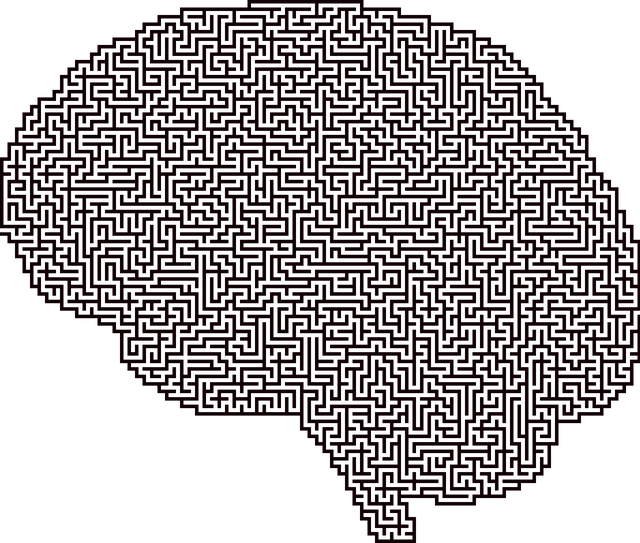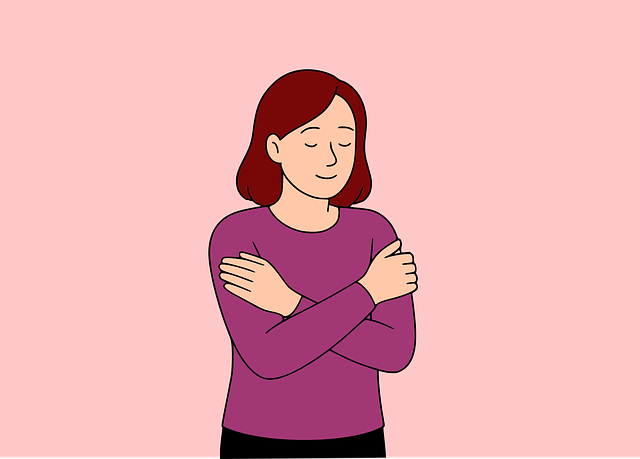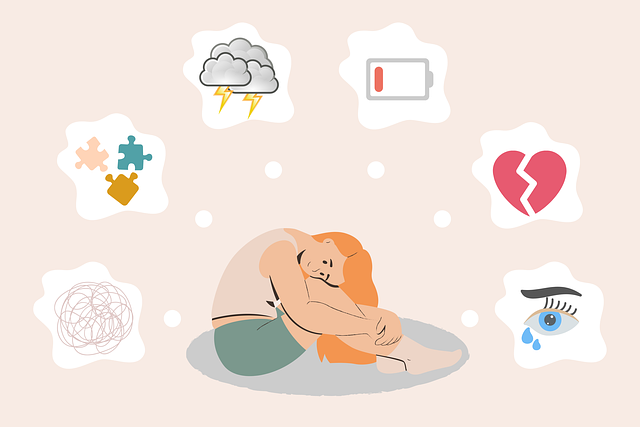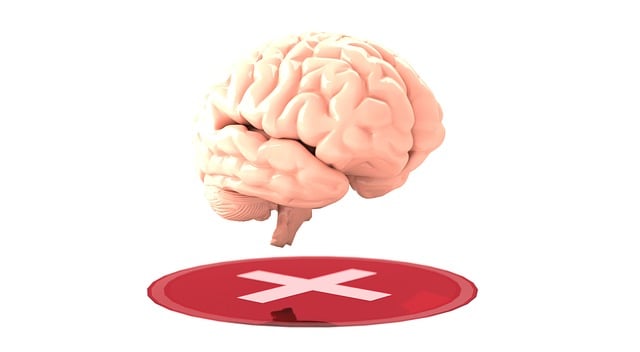Crafting an effective marketing strategy for a mental wellness app focusing on therapy and adult mental health starts with understanding your audience. Market research segments users based on demographics, psychographics, and behaviors related to mental wellness, revealing needs like bariatric evaluations or trauma recovery. This knowledge guides the creation of compelling content and messaging that resonates with users, positioning the app as a valuable resource for education and support. With stress, anxiety, and depression impacting many adults, there's a growing demand for tailored solutions, making Therapy for Adults combined with stress reduction and social skills training a key focus. The app market offers convenient access to professional guidance through online therapy sessions, interactive journaling, crisis intervention, and more, revolutionizing mental health services.
In today’s digital era, mental wellness apps offer a revolutionary approach to supporting adults undergoing bariatric evaluations. This article presents a comprehensive marketing strategy development guide for such apps. By understanding your target audience—identifying their demographics and psychographics, including common mental health challenges—you can tailor effective solutions. Positioning your app as an accessible, convenient, and personalized therapy companion sets it apart from traditional methods. Through content marketing strategies targeting bariatric evaluations and mental health concerns, and engaging features like mood trackers and support communities, apps can foster user retention and contribute to successful journeys.
- Understanding Your Target Audience
- – Identify demographics and psychographics of users seeking mental wellness solutions
- – Research common mental health challenges among adults, especially those considering bariatric evaluations
- Positioning Therapy for Adults in the Digital Space
Understanding Your Target Audience

Understanding your target audience is a crucial step in developing an effective marketing strategy for a mental wellness app. When it comes to apps focused on therapy and adult mental health, identifying the specific needs and challenges faced by potential users is key. Many adults seeking mental health support may have complex issues, such as those requiring bariatric evaluations or trauma support services, which necessitate tailored care. By conducting thorough market research, you can segment your audience effectively. This involves understanding their demographics, psychographics, and behaviors related to mental wellness.
For instance, your target audience might include adults who are health-conscious and motivated to improve their well-being through digital tools. Some may be dealing with weight-related issues, prompting them to seek therapy for adults specializing in bariatric evaluations. Others could be recovering from trauma or seeking resilience-building programs as part of their healing journey. Incorporating these insights into your marketing will enable you to create compelling content and messaging that resonates with your audience, positioning your app as a valuable resource for their mental health education programs.
– Identify demographics and psychographics of users seeking mental wellness solutions

Understanding your target audience is a pivotal step in crafting an effective marketing strategy for mental wellness apps. The demographic makeup of individuals seeking mental health support can vary widely, but certain trends emerge. Research suggests that therapy among adults has seen increasing popularity, with many turning to digital platforms for accessibility and discretion. This trend often intersects with users who may be considering bariatric evaluations or other related health services, highlighting a potential link between overall well-being and mental health awareness.
Psychographically, individuals going through stressful life events, such as major life transitions, relationships issues, or even those dealing with long-term conditions, are more likely to seek therapy. Crisis intervention guidance and risk management planning for professionals in this field are essential topics that can attract a specific audience—those who work closely with at-risk individuals. Additionally, promoting resources for risk assessment for mental health professionals can tap into the desire of practitioners to maintain safe and effective practices.
– Research common mental health challenges among adults, especially those considering bariatric evaluations

In today’s fast-paced world, mental wellness is a paramount concern for adults across various demographics. Research indicates that stress, anxiety, and depression significantly impact this population, with a growing number seeking therapy and support to manage their conditions effectively. Among them, individuals considering bariatric evaluations often face unique challenges related to body image, self-esteem, and emotional eating. These complex issues require tailored solutions that go beyond traditional weight loss programs, focusing instead on holistic mental health improvement.
The marketing strategy for a mental wellness app targeting this niche should emphasize the integration of Therapy for Adults with an emphasis on Stress Reduction Methods and Social Skills Training. By addressing Mental Health Awareness proactively, the app can attract users seeking not just physical changes but also emotional well-being. Tailoring content to meet these specific needs will ensure that the app stands out in a competitive market and offers a much-needed resource for those navigating bariatric evaluations and their associated mental health challenges.
Positioning Therapy for Adults in the Digital Space

In today’s digital era, Therapy for Adults is no longer confined to traditional office settings. The mental wellness app market offers a promising avenue to reach and support a vast audience in need of professional guidance. By strategically positioning itself within this space, an app can target individuals seeking various forms of therapy, including bariatric evaluations, as well as tools for self-improvement. Many users are now turning to their smartphones for convenient and accessible solutions to enhance their mental health and overall well-being.
To capture this market, the app should emphasize its digital-first approach, highlighting features such as online therapy sessions, interactive Mental Wellness Journaling Exercises, and real-time Crisis Intervention Guidance. By offering a comprehensive suite of tools, including Conflict Resolution Techniques, the app can cater to diverse user needs. This digital platform has the potential to revolutionize access to mental health services, ensuring professional support is just a tap away.
In developing a marketing strategy for a mental wellness app, understanding your target audience is key. By identifying the demographics and psychographics of individuals seeking mental wellness solutions, particularly those considering bariatric evaluations, you can tailor messaging effectively. Recognizing common mental health challenges among adults allows for targeted outreach, positioning therapy for adults in the digital space as a viable and accessible solution. Incorporating SEO keywords like “Therapy for Adults” and “Bariatric Evaluations” ensures visibility, attracting those in need of specialized care while fostering a holistic approach to mental wellness.











